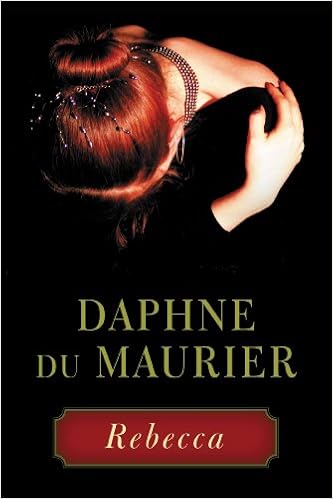Um, this book chose me. I love projects. I love
productivity books. And I love the kind of “stunt journalism” that requires
writers to do crazy things in the service of writing about it.
Elevator
Pitch
The opposite of lazy is not busy. In fact, lazy and
busy are quite often synonymous states of being.
Reasons
to Read It
I loved that Bailey provided useful tips for
productivity in every single chapter. I did some of the challenges he included
at the end of each chapter, and I found them quite instructive.
My reasons for not being as productive as I would like
are pretty simple (and kind of embarrassing):
I conflate feeling chaotic and overwhelmed and constantly pulled in a million directions with feelings of accomplishment. That is, if I feel shattered at the end of the day, I feel like I accomplished something. That’s not necessarily true. In fact, it’s often a damned dirty lie that I tell myself. Bailey reminded me that when you slow down, focus, and become more measured, your limbic system goes nuts. Your poor little brain feels underwhelmed. It searches for something flashy to stimulate it. And it tries to convince you that you must be very lazy because how else could you feel so calm? Using your attention and energy wisely is quite frankly such an unusual experience that we don’t know what to make of it.
I assume that taking a break is for quitters. I’ve convinced myself that the best way to do anything is to power through it like a bulldozer, no matter how exhausted my brain is. Yeah, that’s totally wrong. And I know it’s wrong. Productivity is a marathon, not a sprint (though occasionally everyone needs to sprint). This book reminded me that prioritizing regular breaks with focused work sessions is good. It’s not being a wimp.
Ironically, I read the book while I was on vacation. When
I started working again this week, I was far more productive than I have been
in the past few weeks. The vacation helped me build up energy. And that energy
helped me be more focused in my work. And that allowed me to finish things faster.
I was tempted to work on vacation, but I didn’t. The experience showed me that
I need regular work/writing holidays. My seven-day-a-week work habit is
actually costing me time and valuable energy.
Finally, I really appreciated Bailey’s advice to prioritize
personal goals, even if it means setting firm boundaries that other people
won’t like. That’s something I’ve struggled with a lot at work. Recently I’ve noticed that my friends with
kids are masterful at saying no because they simply have no choice. They have to be home at a certain time, so
they can’t stay late for one more meeting. They have to watch kids at certain times of the day, so they can’t check
in on email every five seconds. But guess what? They aren’t less productive
than I am. They are often more productive.
That’s because they have to meet their goals in specified and focused time
periods. I just need to learn how to say, “Yeah, I can’t attend one more
meeting. I have to go home and eat Fritos while I watch baby monkey videos.”
But when I’m not doing that, I need to be focused and fully attentive in
regular, measured, and short periods of intense work.
Reasons
to Give It the Side-Eye
I was a little bit disappointed that Bailey didn’t
write directly about the experiences he had while doing his productivity
experiments. I understand the reason for NOT including that information. His
blog chronicles every day of his productivity in great detail, and I suppose he
didn’t want to sell a book with content that readers can get for free on his blog.
That said, I would have appreciated a bit more information in the book about how
he actually executed some of his crazier experiments (like working 90 hours a
week or meditating 35 hours a week).
I know some reviewers scoffed at Bailey because his
“conditions” for conducting and applying his productivity research were pretty
cushy. He was a recent college grad with no kids and no major responsibilities
outside of his productivity work. I understand that critique. I think Bailey
gets it too.
I think maybe that’s part of his point: You have
to balance your responsibilities with your personal and professional goals to
accomplish what you want to get done. You just have to figure out what matters
to you. If you have six kids—but you also want to design a model for cold
fusion and write a novel in Russian—you are probably going to be able to devote
less time, attention, and energy to either your kids or your cold fusion project.
And obviously some people have far more resources to balance their lives.
But the critics’ points do stand: It’s easier to be
productive when you are privileged.
Worth
Reading?
Yes, if only to be reminded that you are probably
doing it wrong. After reading the book, I moved back to doing 20-minute writing
sessions (followed by a 5-minute break) in 5 or 6 reps. I did more in 3 hours
today than I did all of last week. And what I did is actually real stuff—not
just fake to-do items. That alone is worth the time it took me to read the
book.


